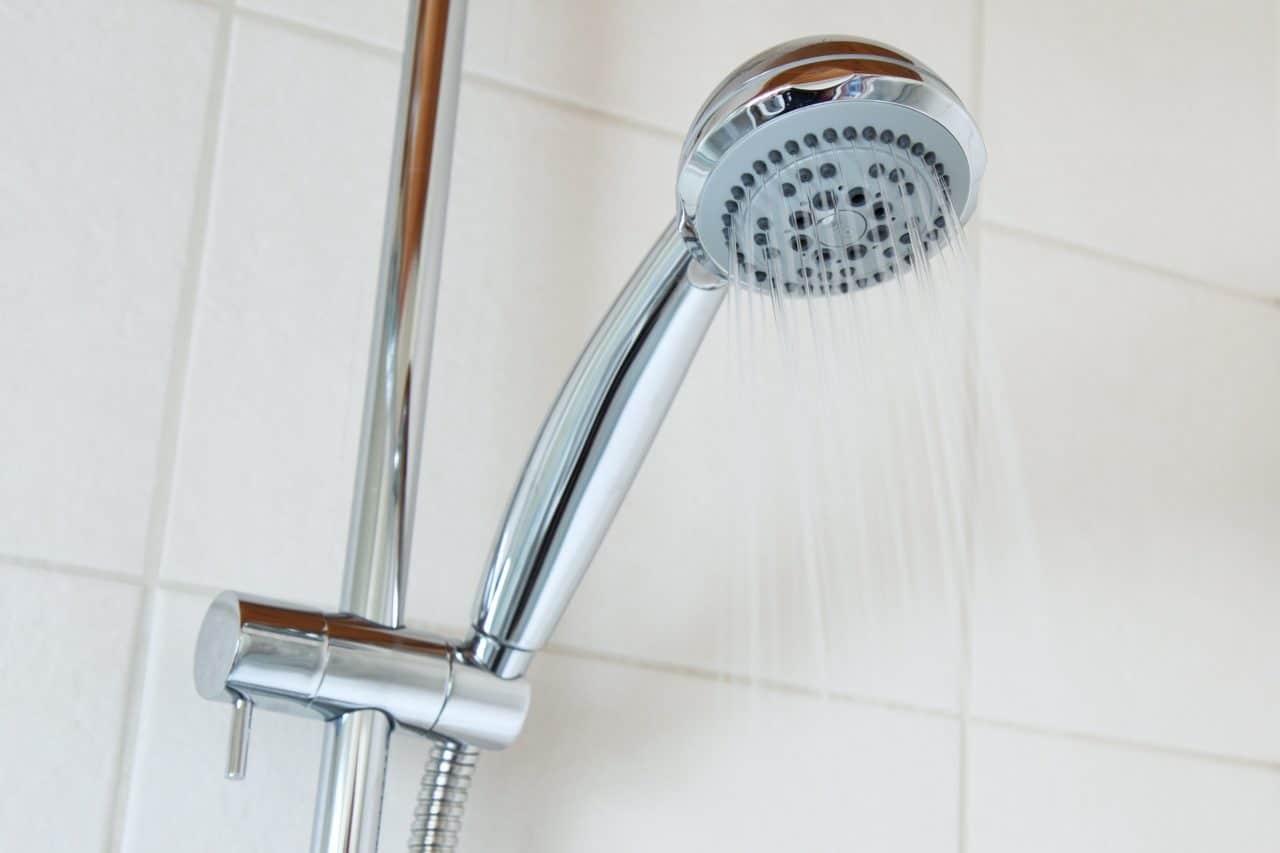Most of us enjoy a hot shower in the morning or a relaxing bath at the end of a long day. So what do you do when the only thing greeting you after turning on the faucet is an icy cold blast of water? This can be a frustrating experience, especially if you have no idea why it’s happening. This blog post will discuss the most common reasons for no hot water and how to handle the situation like a pro!
Most common reasons for no hot water
When you’re met with a blast of cold water instead of the hot water you were expecting, the first step is to check if there’s no hot water in the entire house. If all the faucets are running cold, then it’s likely that your water heater is the issue.
Here are other possible reasons for having no hot water:
- A broken gas line
- A power outage
- A water main break
Those problems would require the help of a professional, but if you’re only experiencing the issue with your water heater, then there are a few things you can check.
How to check why there is no hot water
With regular maintenance, your water heater should work for 8-12 years. You can typically extend the life of your water heater with regular maintenance and a filter system to keep your water clean. But like any appliance, there will come a time when it needs repairs or may even need to be replaced entirely.
Here are some other tips to help you extend your water heater’s lifespan.
Before jumping to conclusions, here are four tips for assessing why there is no hot water.
1. Check the pilot light
If you have a gas water heater, the first thing you should do is check the pilot light. If it’s out, then that’s likely why your water heater isn’t working. Locate the pilot light assembly on your water heater and follow your owner’s manual instructions to relight the pilot light.
2. Check the power supply
If your water heater is electric, then you’ll want to confirm that it’s plugged in and receiving power. Check the circuit breaker or fuse box to make sure the power is running as it should. If the power is off, flip the switch or replace the fuse and try again. If this doesn’t work or if you don’t have power running to your home, call an electrician.
3. Look for signs of a leak
If you see any puddles around your water heater, this could be a sign that your tank is cracked or that one of the pipes is damaged. You may be able to do a simple repair to fix the pipe, but a cracked tank will likely require a new water heater.
4. Adjust the thermostat
Is it possible that someone turned down the temperature on your water heater? Locate the thermostat on your water heater and turn it up to the desired temperature (the Department of Energy suggests 120°F for optimal comfort and energy savings).
You can expect a full tank of hot water from a gas water heater in about 30-40 minutes. You may need to wait up to an hour or more for the water to heat up for electric water heaters.
How to fix the problem when there’s no hot water
As we mentioned above, checking a few key areas might reveal the issue if your water is not hot. But here are a few other simple fixes that might do the trick:
Flush the tank
Depending on your water quality and maintenance routine, it’s possible that sediment has built up in the tank and is causing problems. You’ll need to flush the tank to remove all the sediment and help improve performance.
Repair the heating element
If your water heater is electric, then the heating element might be the issue. Remove the access panel on your water heater and look for any signs of damage. If the element is damaged, then you’ll need to replace it.
Adjust or replace a broken thermocouple
If you have a gas water heater, then the thermocouple might be the problem. The thermocouple is a safety feature that tells the gas valve when to open and close. If it’s not working properly, then your water heater won’t work either. You can adjust the thermocouple yourself or replace it entirely if needed.
Upgrade your water heater
If your water heater is over 10 years old, it might be time for an upgrade. But that’s not bad news! Newer models are much more energy-efficient than older ones so you could see significant savings on your energy bill.
You might also want to consider upgrading to a tankless water heater. It can provide an endless supply of hot water (even when your teenagers are hogging all the hot water!).
Contact our water heater experts
Troubleshooting no hot water can be difficult when you need to be trained in plumbing. But by following these steps, you can narrow down the problem and even fix it yourself in some cases!
At Lee Company, we offer plumbing services around-the-clock, so you never have to go without hot water for long. Give us a call today, and one of our skilled technicians will be happy to assist you further.
No hot water in your water heater?
CALL US NOW AT 615.567.1000

